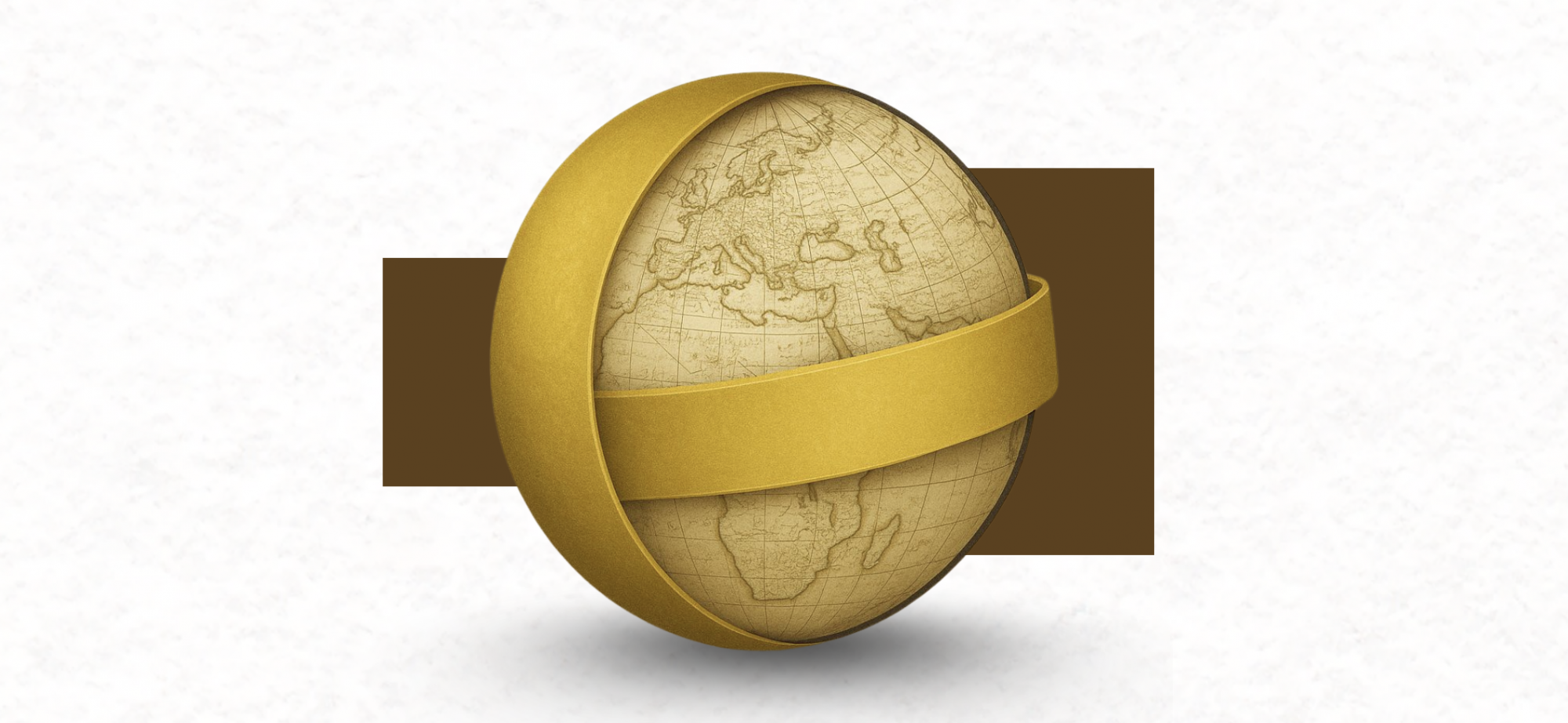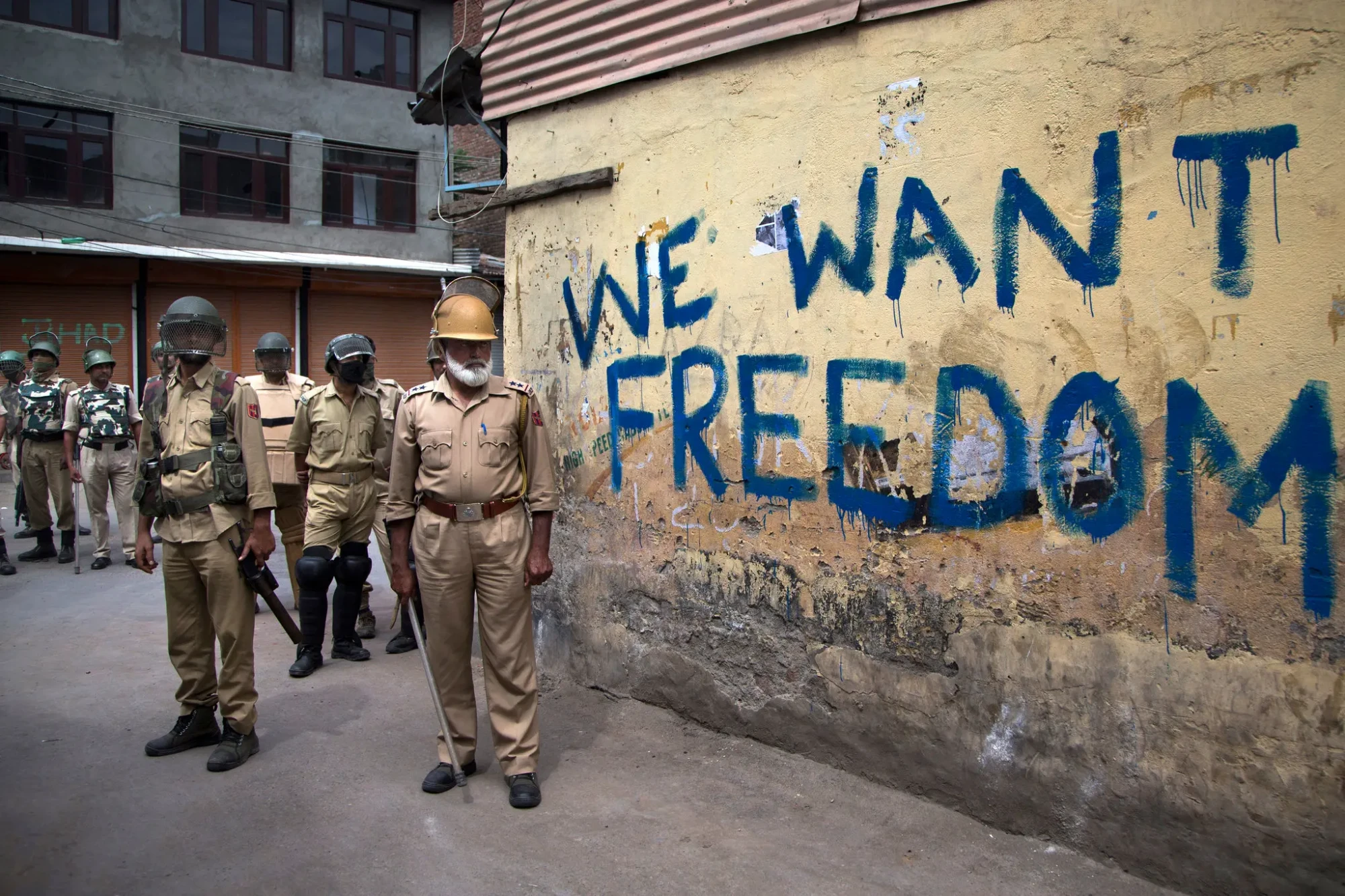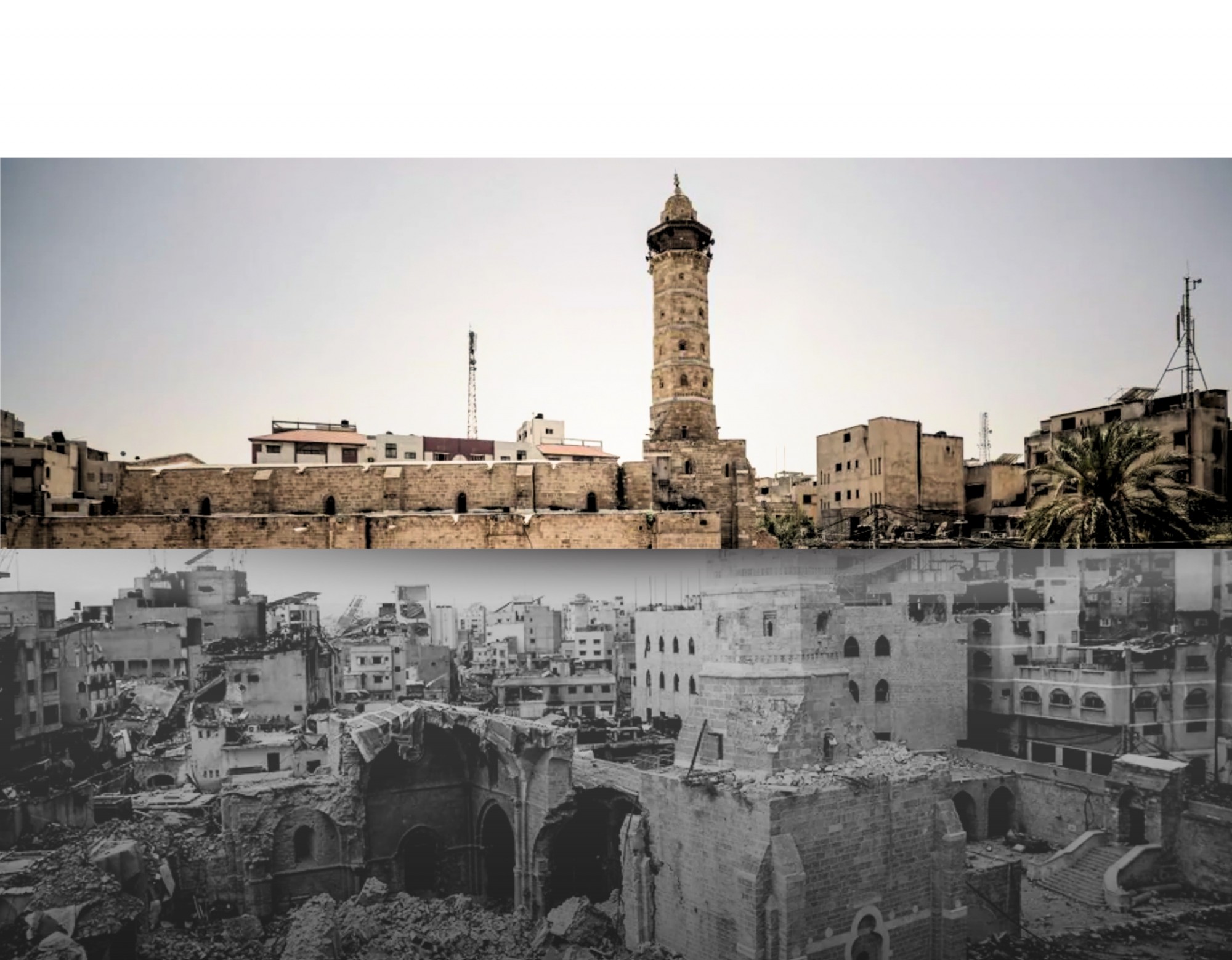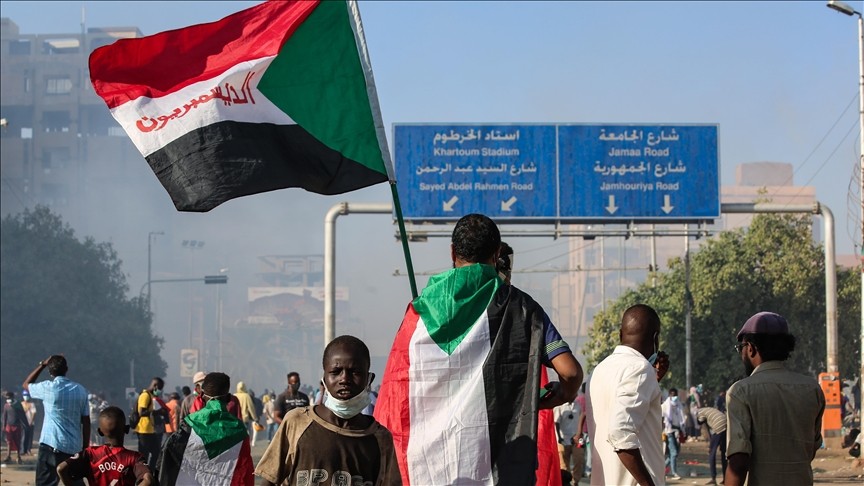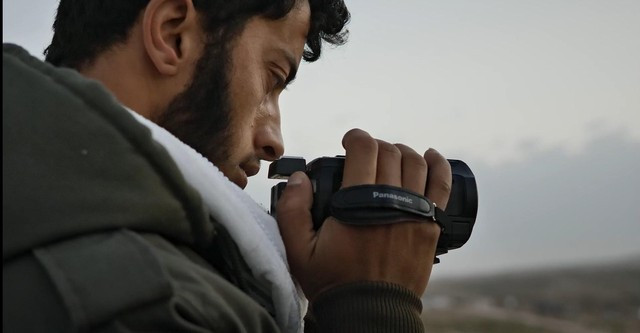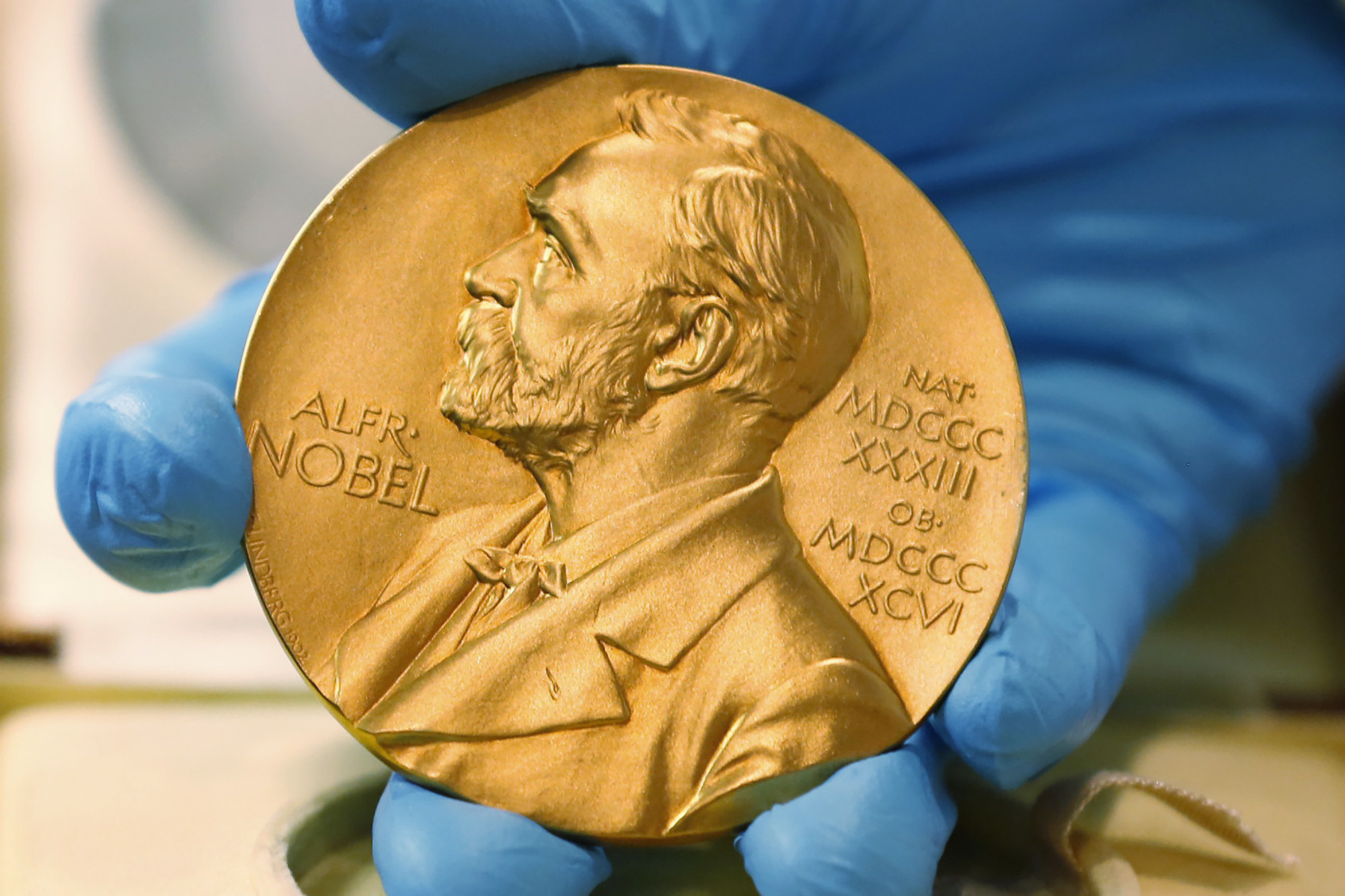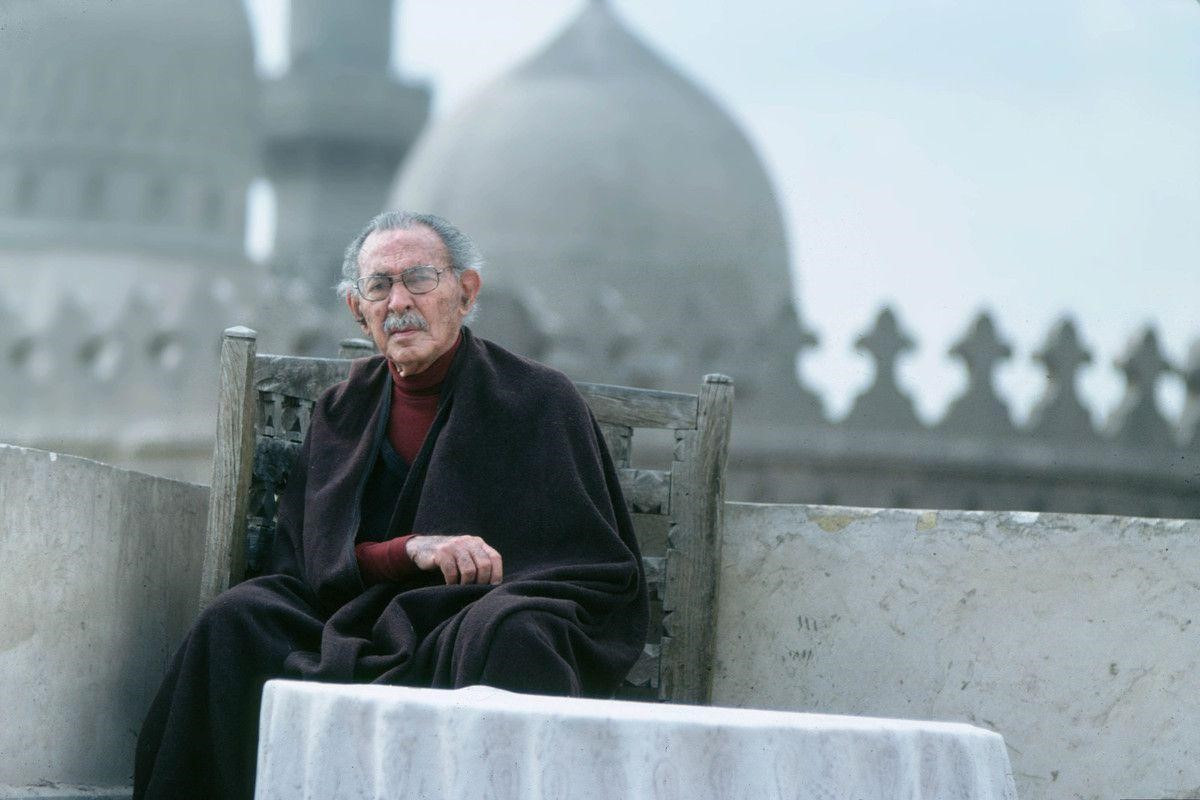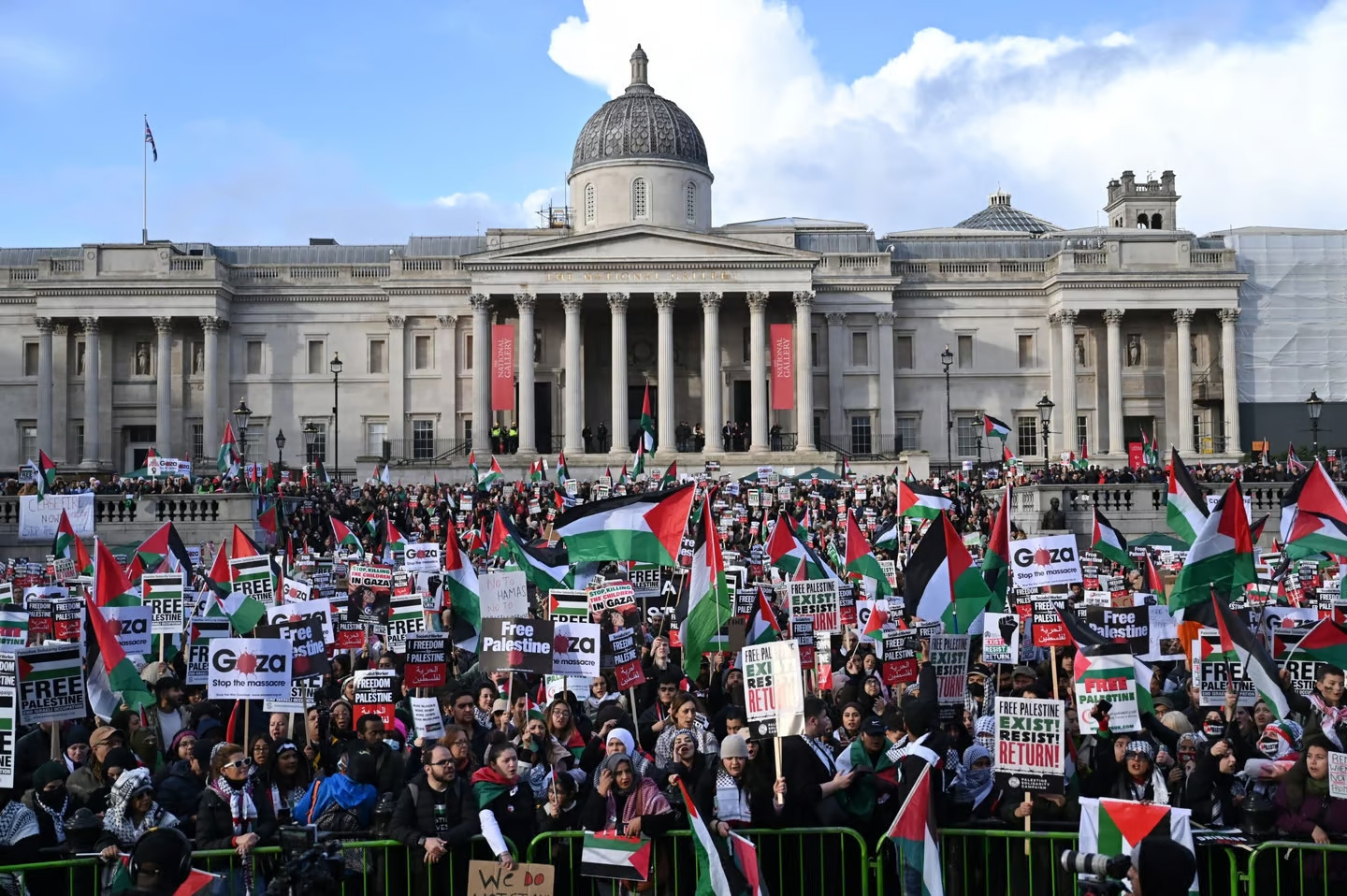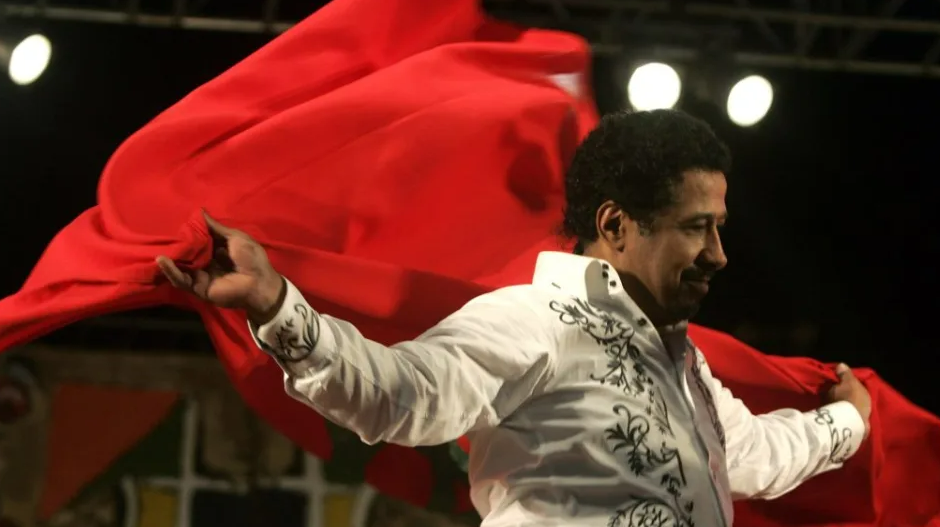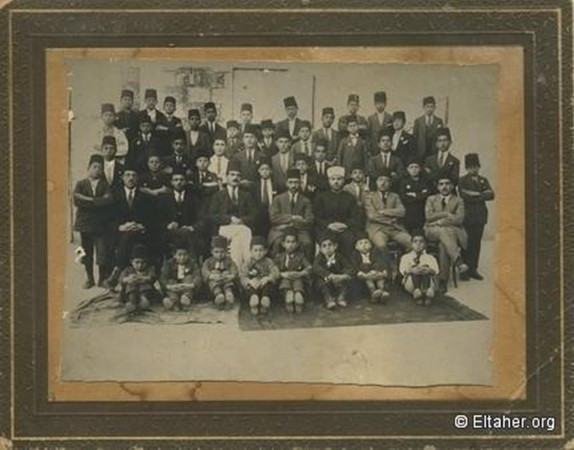
The Birthplace of Palestinian Resistance Literature: National an-Najah School
The National an-Najah School was founded by a group of idealistic Palestinian intellectuals a few months after the Balfour Declaration was signed in 1918. Their intention was to launch a national educational drive against the proliferation of missionary schools. They declared their aim as creating patriotic and well-educated young people who would preserve the Arab heritage. Initially, it consisted of only a few primary school classes. However, thanks to the devoted teachers and their efforts, it soon became one of the best schools not only in Nablus but in all of Palestine.
In 1929, when the school opened a boarding facility, the number of students increased even more. Students came not only from nearby towns and villages but also from all over the country. In addition to the traditional public school curriculum, the school offered intensive courses in Arabic literature and history. Thus, a child attending the school could reach an exceptional level in these subjects within a few years. The literature club often organized lectures and trips to develop the critical thinking skills of students. Prominent scholars invited from various Arab countries such as Syria, Egypt, or Lebanon would come to the school as speakers and engage in discussions with the young students. These discussions of Arabic literature, history, and culture were always enjoyable. Students eagerly prepared for these events days in advance, contemplating the questions they would ask. Details of these activities would be featured in Palestinian newspapers so that the whole public would be aware of the activities of the school. There was also an annual festival that was the favorite of the students. During the festival, the school's music group would perform, poems would be recited, and theater plays would be staged depicting important events in Arab history.
After Fouad Hijazi, Atta al-Zeer, and Mohammed Khalil's execution during the Buraq Wall Uprising in 1929, the poem "Red Tuesday," written by the great Palestinian poet Ibrahim Tuqan and one of the first examples of Palestinian resistance literature, was read for the first time at an-Najah School. Ibrahim Tuqan was one of the many teachers of the school who would play a critical role in the Palestinian resistance. During the opening of the 1930-1931 academic year, he took the podium to deliver a speech and recited this poem written after these three martyrs.
Who has not passed through the doors of this school?
The author of the first poem written about the threat to Al-Aqsa Mosque, "Farewell to Aqsa," was the martyr poet Abd al-Rahim Mahmoud, who was both an alumnus and a teacher at the National an-Najah School. Abd al-Rahim Mahmoud from Tulkarm graduated in 1933 and later began teaching Arabic Language and Literature here. Amid the British occupation, increasing Zionist settlements, and all the cruelty and uprisings, the National an-Najah School was like a sanctuary rising on the shoulders of a handful of idealistic individuals.
One of the key contributors to the school hosting such influential literary figures and becoming the headquarters of resistance literature was undoubtedly Muhammad Izzat Darwaza. It was such a transformative event that everything was shaken to its core, and a new chapter was unfolding. He was eager to dedicate himself to this place with great effort. With his contributions, the school quickly transformed into a significant patriotic center. In addition to formal education, the incoming students also became exceptionally well-equipped in Arab history and culture. During his five-year rule, he raised many students who would play important roles not only in Palestinian but also in Arab history. One of them was Suleiman Nabulsi, who would later become the Prime Minister of Jordan. Another was Akram Zu'aytir, one of the most influential diplomats of Palestine and the poet Ibrahim Tuqan. Young students listened to Muhammad Izzat Darwaza's lectures with great enthusiasm.
The students were also staging theatrical plays at the school. Muhammad Izzat Darwaza wrote three plays within three years: Al-Nu'man's Visit to Khosrow Anushirvan, Abd al-Rahman al-Dakhil, and The King of the Arabs: Andalus. Students would rehearse for weeks and then perform these plays. They would become too excited, but, as a true master, Muhammad Izzat Darwaza would calm his students and ensure they handled their roles with utmost proficiency.
Established after the British occupation, The National an-Najah School played a pioneering role in every critical period of Palestinian history. From the uprisings in 1923 to the revolts in 1933 and the Great Palestinian Revolt (1936-1939), from the Nakba and up to the present day, it has created generations of resistance and martyrs. Many important representatives of Palestinian resistance literature undoubtedly passed through the doors of this school. Functioning as a university in Nablus today, the National an-Najah School is at the center of the resistance with a century-long history.
Established after the British occupation, The National an-Najah School played a pioneering role in every critical period of Palestinian history.
Peren Birsaygılı Mut
Ortadoğu'da yaşayan toplumların edebiyatına ilgi gösteren yazar özellikle Filistin direniş edebiyatıyla ilgili çalışmaları bulunmaktadır. 2022 yılında Global Justice Organization tarafından verilen"Kültür ve Edebiyat Küresel Adalet Ödülü Nizar Kabban...
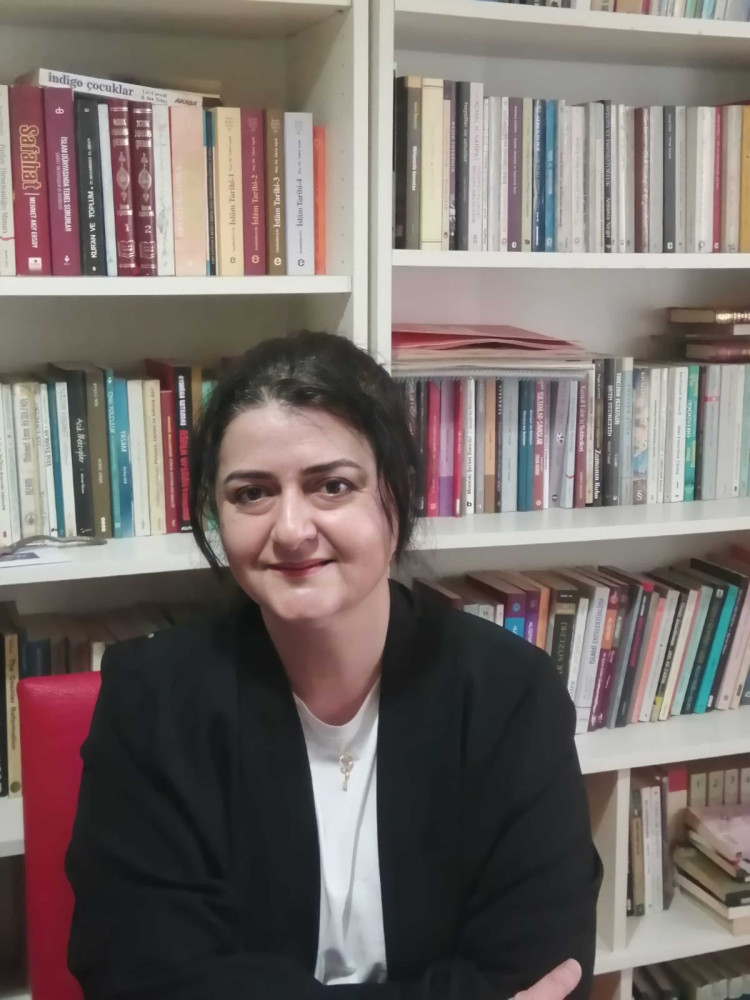 Peren Birsaygılı Mut
Peren Birsaygılı Mut